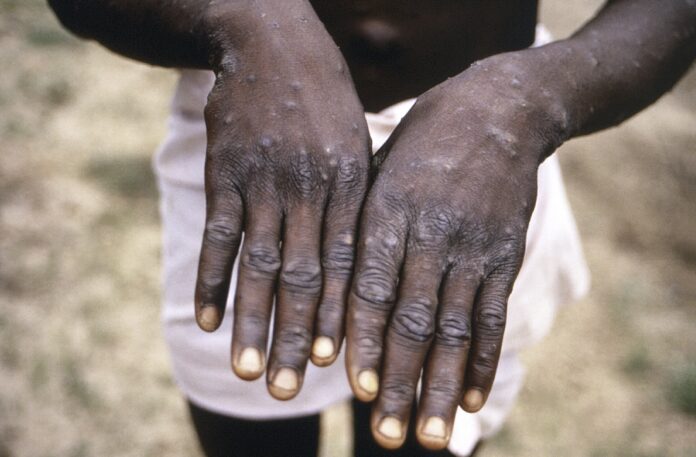A US citizen with monkeypox escaped from a private hospital in the tourist resort of Puerto Vallarta, in the western Mexican state of Jalisco, and then from the country, local health authorities confirmed on Wednesday.
The 48-year-old patient, originally from the state of Texas, fled the sanatorium last weekend despite receiving instructions from medical personnel that they should carry out tests and keep him in isolation, said a statement from the state health secretary.
When he went to the hospital, the subject presented “cough, chills, muscle pain and pustule-like lesions on the face, neck and trunk,” the unit detailed.
After fleeing the medical center, the individual went to the hotel where he was staying with his partner, took his luggage, advanced his flight and left Puerto Vallarta on June 4, without being able to locate him, detailed the health authority.
The United States Centers for Disease Control and Prevention (CDC) confirmed to Mexican authorities on Monday that the patient had returned to his country where the test that confirmed the disease was performed.
The individual began with symptoms on May 30 and from Mexico had reported his situation to a doctor in Texas who reported the case as suspected monkeypox to the CDC.
Before arriving in Puerto Vallarta on May 27, the subject was in Berlin, Germany, between May 12 and 16, and later in the city of Dallas, Texas.
During his stay in Mexico, the subject attended parties at the Mantamar Beach Club in the Jalisco resort, for which the state Health Secretary urged the population that attended the place between May 27 and June 4 to monitor his state of health. Health.
Mexico confirmed on May 28 its first imported case of monkeypox in a 50-year-old American who was treated in Mexico City.
Monkeypox is an infectious disease caused by a virus transmitted to humans by infected animals. Person-to-person spread is possible but considered rare.
The disease was first identified in humans in 1970 in the Democratic Republic of the Congo, and is currently considered endemic in a dozen African countries.
Its appearance in non-endemic countries is what worries experts. So far confirmed cases in non-endemic regions are generally benign and no deaths have been reported.
Conforms to The Trust Project criteria








